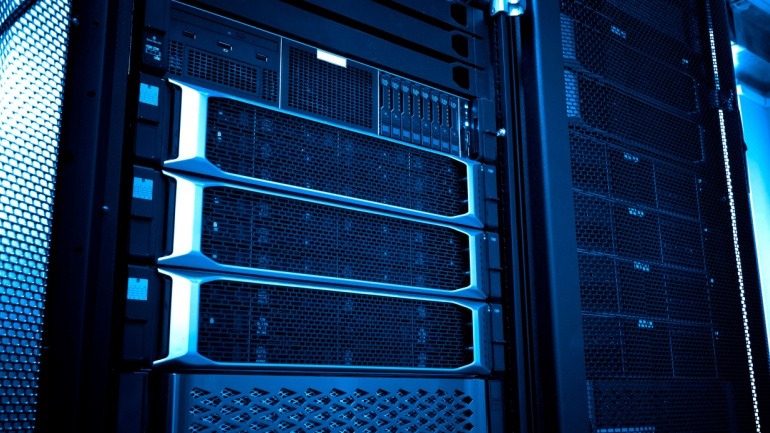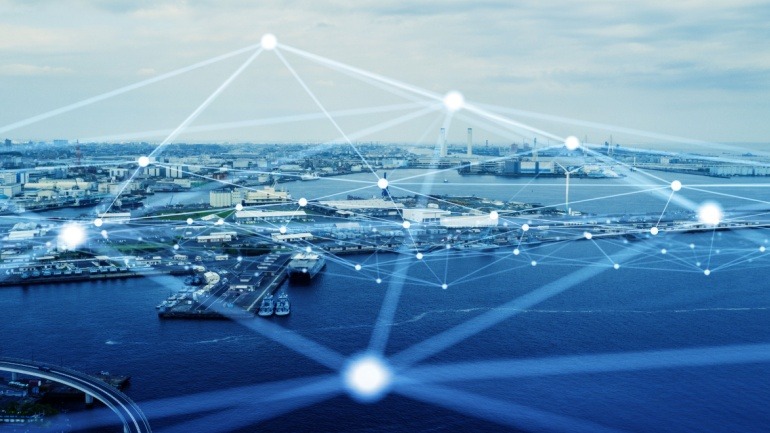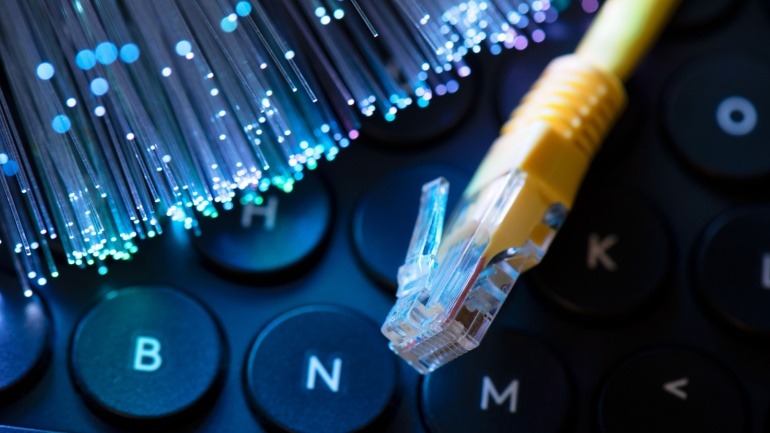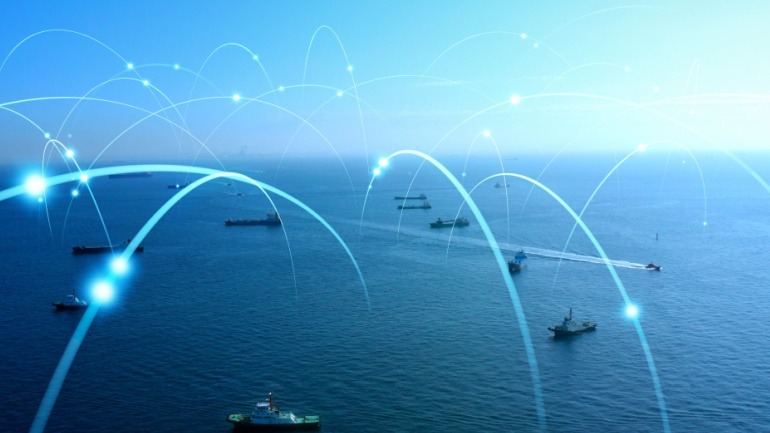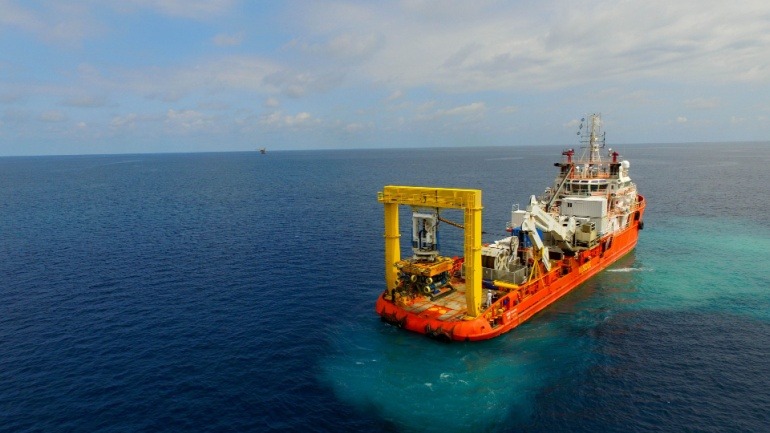The Philippines introduces VITRO Sta. Rosa, the first GPU-powered, AI-focused hyperscale data center, marking its digital infrastructure leap. Offering GPU as a Service, VSR supports AI-driven transformation, attracting tech enterprises with its robust, secure services.
Colt Technology Services is redefining its strategy by divesting eight European data centers to NorthC and a UK-based company, enhancing its focus on digital infrastructure and global network services. This shift aligns with evolving AI and cloud computing demands. Colt’s seamless transition ensures uninterrupted VOIP and connectivity services for its clients.
Several subsea cables in the Baltic Sea were damaged in November, sparking fears of sabotage. Swedish investigators found no clear proof of deliberate action, though suspicions remain. A Chinese vessel, present during the incident, is under scrutiny.
Sparkle and Turkcell are revolutionizing internet connectivity with a new 4,000 km subsea cable linking Europe and the Mediterranean. Enhancing capacity to over 25 terabits per second per fiber pair, this collaboration connects Turkey, Greece, and Italy.
EXA Infrastructure teams with IOEMA to enhance Northern Europe’s connectivity landscape. With a new submarine cable landing in Leiston, UK, IOEMA’s 1,600-kilometer project links key European markets like the UK, Netherlands, and Germany.
Colt Technology Services has launched Managed LEO+, a cutting-edge solution combining LEO satellite connectivity with 4G and 5G. Now available in 65 countries, it ensures resilient digital infrastructure for businesses in remote areas.
Airtel has achieved a milestone by landing the SEA-ME-WE 6 cable in Chennai, enhancing global connectivity. This expansion brings increased network capacity, reinforcing Airtel’s place in telecoms.
Ooredoo, in partnership with Alcatel Submarine Networks, has launched the GCC’s largest submarine cable, connecting seven Middle Eastern countries. With up to 720Tbps capacity and 24 fiber pairs, this high-speed infrastructure enhances regional connectivity, supports AI and telecom growth.
The backbone of the internet relies heavily on submarine cables, responsible for around 99% of global data transmission. As the threats to these pivotal cables mount, the UK’s Joint Committee on the National Security Strategy has initiated an enquiry.
EXA Infrastructure’s acquisition of Aqua Comms marks a transformative step in enhancing its transatlantic capabilities. With expertise in subsea infrastructure, Aqua Comms enriches EXA’s 150,000km network.




